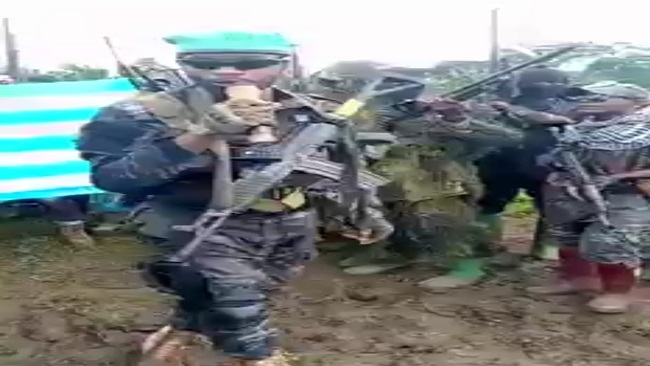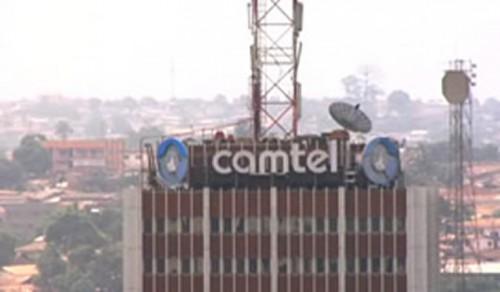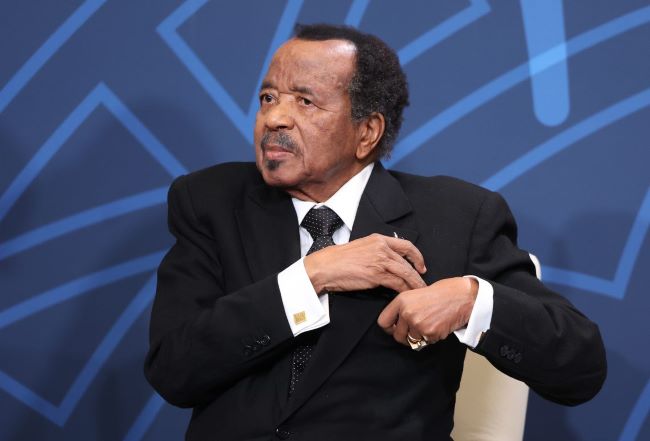10, December 2023
CAF 2023 Awards: Eto’o, Adebayor, other legends light up Marrakech streets 0
The CAF Awards 2023, one of the most eagerly awaited events on the African football calendar, takes place on Monday 11 December in Marrakech, Morocco.
With 48 hours to go before the prestigious ceremony, CAF has announced the presence of several renowned guests who will join the nominees in celebrating the excellence and remarkable achievements of African football.
Among the prestigious guests who have confirmed their presence are football legends, music and art celebrities and prestigious names from other sporting disciplines, including Samuel Eto’o (Cameroon), Abedi Pele (Ghana), El Hadji Diouf (Senegal), Emmanuel Adebayor (Togo), Jay-Jay Okocha (Nigeria), Jonathan Pitroipa (Burkina Faso), Kalusha Bwalya (Zambia), Ahmed Hassan (Egypt), Perpetua Nkwocha (Nigeria), Patrick Mboma (Cameroon), Mikel Obi (Nigeria), among others.
These renowned personalities will bring an aura of grandeur to the event and help make this edition of the CAF Awards even more memorable.
On the sidelines of the event, a charity football game will be held at Marrakech Stadium on Sunday, 10 December at 16h00 local time (15h00 GMT) to honour earthquake victims.
The CAF Awards are a special opportunity to recognize and reward outstanding performances by African players, coaches, teams and clubs over a given period.
This year, the period under consideration runs from November 2022 to September 2023 for the men’s categories and from December 2022 to November 2023 for the women’s categories.
Full List of Legends
| Legends | Country |
| El Hadji Diouf | Senegal |
| Samuel Eto’o | Cameroon |
| Manuel Jose Luis Bucuane | Mozambique |
| Emmanuel Adebayor | Togo |
| Gaelle Enganamouit | Cameroon |
| Geremi Njitap | Cameroon |
| Janine van Wyk | South Africa |
| Pascal Feindouno | Guinea |
| Herita Ilunga | DR Congo |
| Charles Kabore | Burkina Faso |
| Thomas N’Kono | Cameroon |
| Abedi Pele | Ghana |
| Alberta Sackey | Ghana |
| Augustine Jay-Jay Okocha | Nigeria |
| Clementine Toure | Cote d’Ivoire |
| Emmanuel Amunike | Nigeria |
| Ahmed Hassan | Egypt |
| Siaka Tiene | Cote d’Ivoire |
| Jonathan Pitroipa | Burkina Faso |
| Kalusha Bwalya | Zambia |
| Khalilou Fadiga | Senegal |
| Mercy Akide | Nigeria |
| Mikel John Obi | Nigeria |
| Onome Ebi | Nigeria |
| Patrick M’Boma | Cameroon |
| Perpetua Nkwocha | Nigeria |
| Mamadou Niang | Senegal |
| Precious Dede | Nigeria |
| Rainford Kalaba | Zambia |
| Titi Camara | Guinea |
| Rigobert Song | Cameroon |
| Salomon Kalou | Côte d’Ivoire |
| Siphiwe Tshabalala | South Africa |
| Anthony Baffoe | Ghana |
| Mustapha El Haddaoui | Morocco |
| Demba Ba | Senegal |


























11, December 2023
Yaoundé authorities under pressure as North gripped by spate of lucrative ransom kidnappings 0
In just three years (2015–18), kidnappers in North Cameroon collected ransom money of around €3-million (CFAF 2-billion), according to Garoua police. This crime has soared despite government measures such as military deployment and the creation of vigilante committees.
Kidnappers are from different African countries and cross borders to capture or hide their victims — making this a complex transnational crime and difficult to contain.
On 2 September, four Forests and Environment Sector Programme employees were kidnapped on the Mayo Djarendi-Madingring road in the country’s Mayo-Rey department. The abductors demanded CFAF 40 million to release them. On 22 October, at least 40 people of Chadian and Cameroonian nationality were abducted near Touboro in North Cameroon.
Kidnappings for ransom have increased in the context of North Cameroon’s active agricultural and animal husbandry economy. These activities generate significant revenue, adding to border trading, which is particularly lucrative.
Mayo-Rey, Bénoué and Mayo-Louti, on the border with the Central African Republic (CAR), Chad and Nigeria, are the departments most targeted by kidnappings for ransom. Persistent issues of weapons possession and trafficking in these countries, partly driven by sociopolitical crises and rebellions, provide kidnappers with the means to carry out their activities.
Sources in North Cameroon told the Institute for Security Studies (ISS) how hostage-takers cross these long and porous borders to find targets. They subdue their victims and sow fear among civilians, rendering them more vulnerable. They usually target farmers, cattle breeders, shopkeepers and humanitarian workers, chosen for their perceived ability to respond to the ransom demands due to their apparent financial capacity.
The phenomenon is spreading beyond the northern and eastern regions (Far North, North, Adamawa and East) to neighbouring areas in Chad, the CAR and Nigeria. It also involves various nationalities, as evidenced by ex-hostages. In Garoua, one informant, who requested anonymity, said his abductors were Nigerian. Another was certain that some came from Sudan. This cross-border dimension reveals a connection between the Sahel, East Africa through Sudan and Central Africa.
Source: Institute for Security Studies (ISS)